1000+
Successful
Implementations
Automating all your processes end-to-end.
Because your processes demand flexibility.
Digitize your operations. Cut manual work.

of in-depth and
on-the-ground process work
We deliver maximum efficiency using customizable solutions that are part of a unified cloud & IoT platform and seamlessly integrate with existing hardware and software.
We cater to all industries and sectors for a wide range of requirements - from small to very large operations.





Based on QR code, face recognition, self-entry kiosk; integrates with access control.
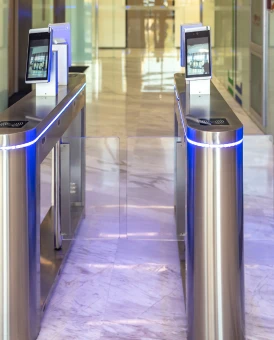

A smart face recognition attendance system for touchless attendance; integrates with access control.


An integrated, IoT parking management system; manages multi-level, multi-tenant parking spaces.


VersionX IoT access controllers - designed to be installer-friendly; easily adapts to any existing IT infrastructure.


Auto-schedules & tracks guards' duties; provides updates on guards' activities in real time.
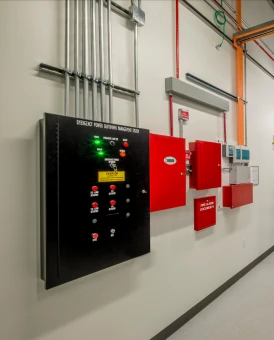

Automates energy management, fire panels, hydrants & sprinklers, water pressure & levels; with alerts & reports.


Tracks RGP & NRGP material movements for organizations, factories, & manufacturing units.


Tracks & monitors live school bus movements, speed, & driver details.

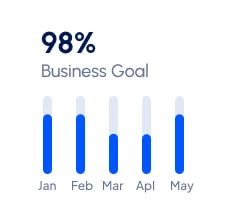

Your teams deal with multiple processes daily. Most solutions are manual and fragmented. Workflows are disconnected. Duplicate even. Multiple vendors are involved.
Eliminate all such problems with our integrated and custom solutions - be it one or 40+ processes.

Successful
Implementations

Entries
Processed

Processes
Automated

Industry &
Sectors

Business processes are multi-layered, complex, and dynamic. We simplify and automate them using the latest technologies.
Watch Video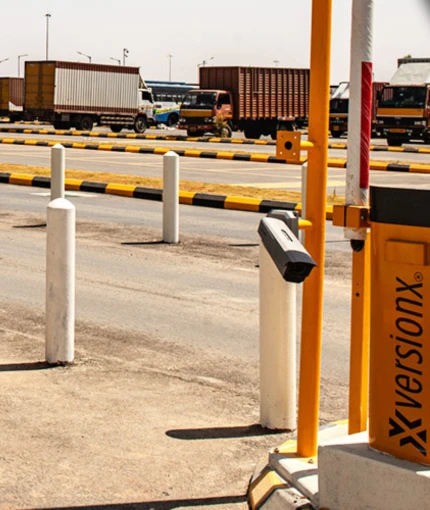
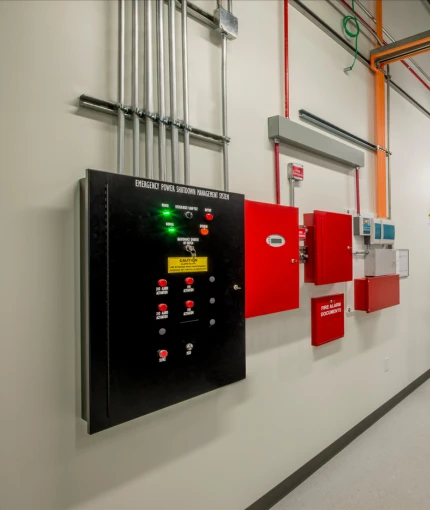



And our views on the things that matter to you. Get to know VersionX Innovations. We make a difference.
Or drop a message. We'll make sure your time is well spent.

